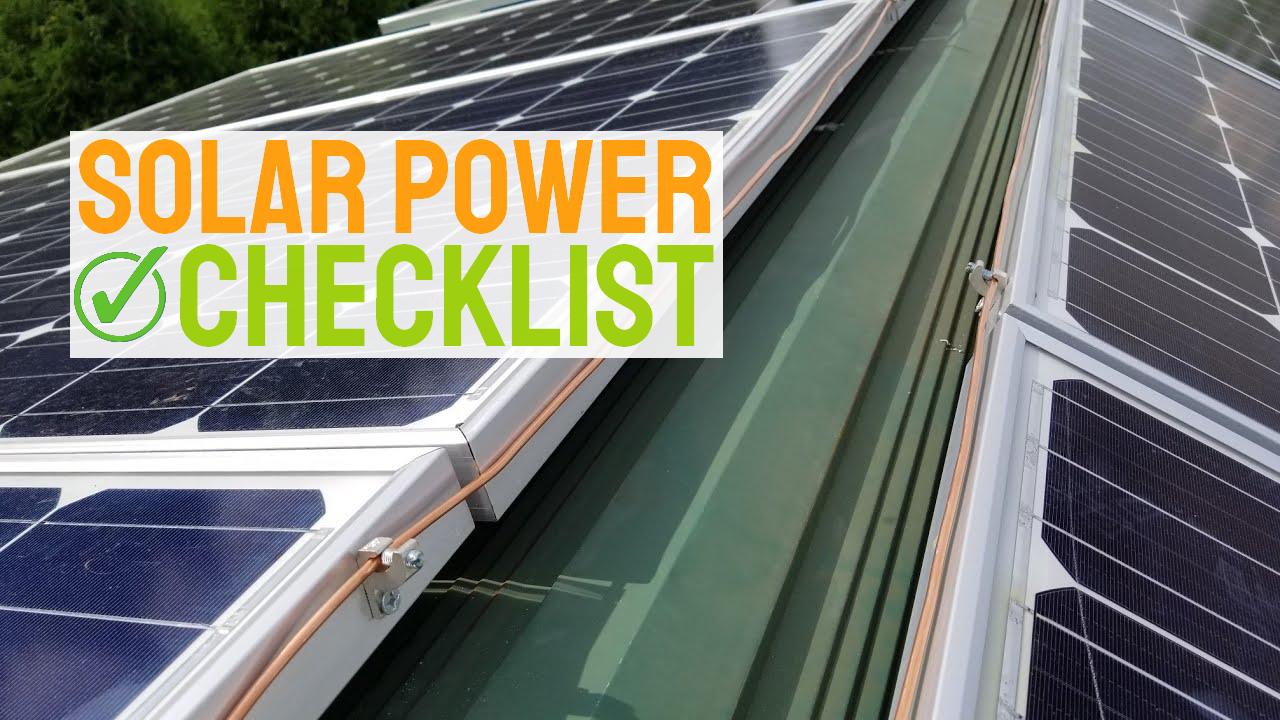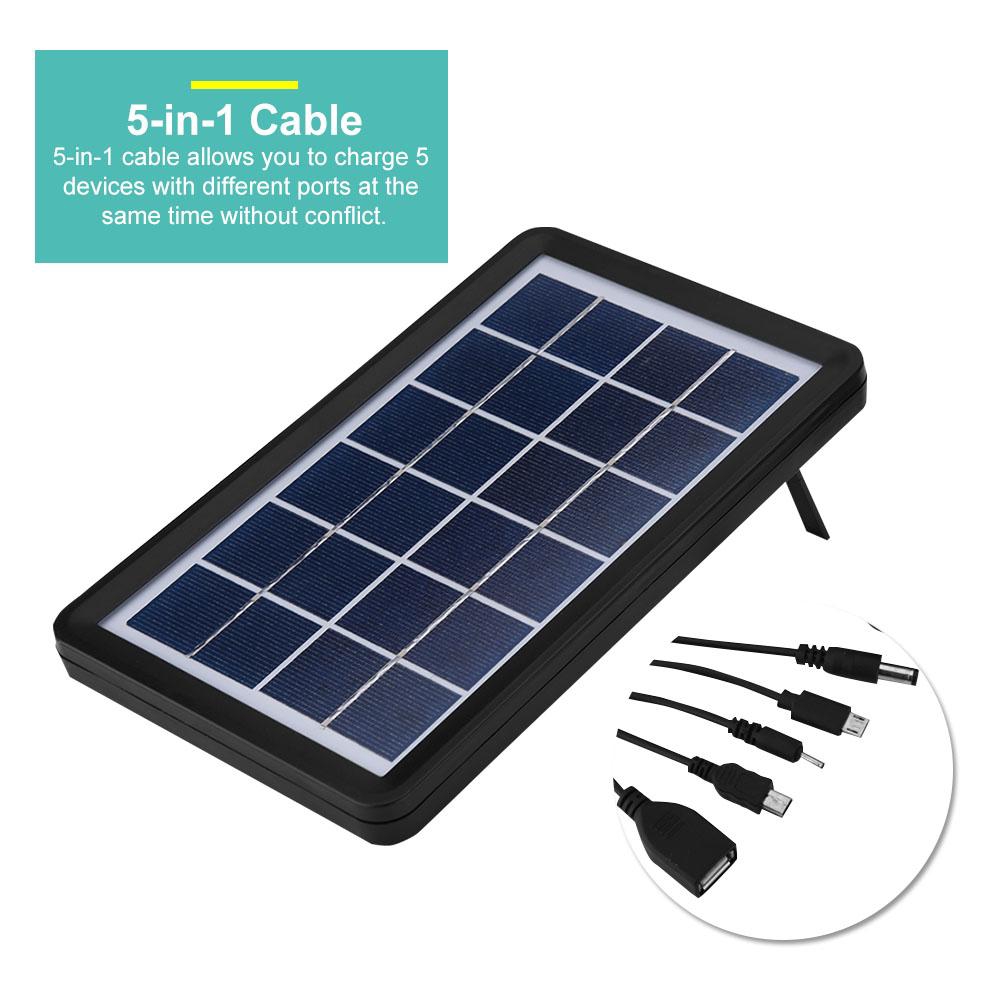
Sunrun is the largest provider of solar energy in the country. Their panels come with multiple 10-year warranties and they are available in 22 states. You can rent, purchase, lease or lease your solar panel. You also have the option to choose from crystalline, monocrystalline and thin-film panels. Sunrun was established in 2007 and is the largest solar energy provider in the country. Sunrun provides many benefits such as a ten years warranty on solar panels, a broad range of panel types, flexible payment options, and a wide selection of payment options.
Solar array leasing has many benefits
Leasing a solar array can save you a lot of money upfront. Depending on the solar lease you choose, you can save as much as $25,000 or more. A monthly fee of only $99 is required to lease solar panels. It's less than what you would have to pay for electricity from a grid. Leasing comes with other benefits. When you choose the right business, you will save on monthly costs.
A solar array lease can reduce your utility bill by between fifteen and forty percent, depending on its configuration. Your utility rates will rise and you'll save more. For solar vendors, leasing doesn't require upfront payment. Instead, the lease company will pay the permits, equipment, as well as installation costs. Only when the system turns on, will the payments be due. The leasing company can also take care of maintenance and repairs, and insure the system.

Leasing a solar array comes at a cost
Although leasing a solar panel can save money in the short-term, it can also lead to higher costs over the long-term. You might end up paying more to lease your solar array than for the actual system. The payments will likely increase over time to compensate for future energy price increases, but the amount may not go above 3%. Furthermore, solar leases are never free. Electricity prices will increase, so you'll need to pay escalators.
In addition to these maintenance and administration costs, solar leases are also less affordable than buying a solar array outright. Additionally, third-party financing and insurance will be required. Although leasing is more affordable in the short term than buying, it may not make sense for everyone. This is particularly useful for those who don't wish to commit to a long term solar plan. Let's take a look at the pros and cons of leasing solar panels.
The costs of buying a solar system
Depending on where you are, the cost to install a solar system can vary. Residential systems are generally priced between $3.50-5 per watt. You can save money on installation costs by taking advantage of tax credits or other incentives. Depending on your region and the type of solar panel you want, you can expect to save anywhere from $650 to $25,000 per year. You have a wide range of options when it comes to solar panel options, as installation costs are different depending on your location.
The material cost of purchasing solar panels is not inclusive of overhead and labor costs. Take into account your financial situation. Are you able and able to afford the installation up-front? Are there any savings or credit cards balances that you can use to pay for the installation? If you don't have the cash upfront, you might have to apply to finance or lease to pay for your solar panel. If you have the capital to pay for your solar panels, you may be eligible for tax credits or other benefits.

Installing a solar array requires that you obtain a permit
You may need different permits depending on where you live. Residents in Cheyenne and Casper might need to have different permits than those from other cities. To get the required permits, you may need to submit an application and drawings detailing the solar panel system. You may also need to obtain zoning approval. It can be time-consuming and costly to get the permits. It may be necessary to drive to drop off permit packages. In some cases, it may also be cost-prohibitive to have a licensed contractor assist you.
You will need to comply with all local building codes. In addition, the local enforcing agency must oversee the installation. The state and jurisdiction will determine which agency is responsible for ensuring that the structure meets all applicable building codes. This includes determining if solar installations will comply with fire safety regulations. Many jurisdictions have signed memorandums with fire departments. When installing your fire alarm system, it's important to get permission from the fire department.